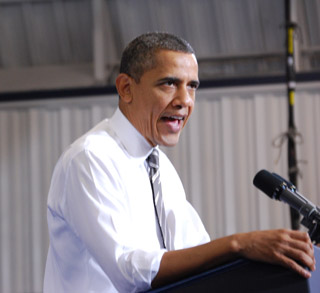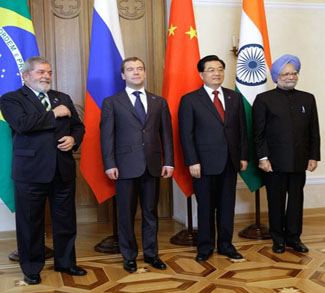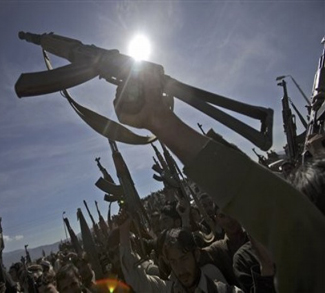FORECAST
After yet another decade of a peace process that is obviously stalled if not terminally ineffective, PA President Mahmoud Abbas has decided to take Palestinian aspirations of statehood to the United Nations.
The Mahmoud Abbas that is set to take the podium next week at the United Nations General Assembly is a man who has been worn down by failure after failure on the long road to independence. Now 75 years old, he makes it no secret that he wants to retire soon and seek the solace of private life. He has also been quite frank about how he feels about the conventional Mideast peace process in the days leading up to his much-anticipated UN speech. According to Israeli President Simon Peres, President Abbas recently revealed to him that he feels like, “[he’s] alone, betrayed by the United States, betrayed by Israel, and by everyone else.”
This is a man who will not be convinced to give up Palestine’s UN bid by the Americans, Europeans, or anyone else. With 80 percent of the Palestinian people firmly supporting the UN track, it seems a foregone conclusion that come next week, the Palestinians will submit an application for full membership to UN Secretary-General Ban Ki-moon.
While we already know that a US Security Council veto will be forthcoming thanks to President Obama’s warning earlier this week, the Palestinian attempt will have tangible repercussions that could affect regional geopolitics.
First and foremost, the UN application puts Palestinian statehood firmly on the international radar once more. The past few years have not been particularly encouraging when it comes to prospects for a negotiated peace. President Abbas’ unilateral appeal for international recognition, whether it’s successful or not, will have the effect of illustrating Israel’s and the United States’ creeping international isolation over maintaining the status quo.
Second, recent changes in Israel’s regional security outlook are bound to impact domestic perceptions on Palestinian statehood. In other words, though Abbas’ moves are overwhelmingly symbolic, they may resonate in an Israeli establishment that is increasingly concerned with deteriorating relations with important allies in the region. Egypt’s ‘Arab Spring’ and the unfortunate cross-border incident that followed it have both chipped away at the Israeli-Egypt peace treaty; one of the fundamental pillars of Israeli security. Israel has recently lost yet another long-term ally in Turkey after last year’s flotilla raid that resulted in the death of nine Turkish activists. Finally, the Syrian border has also started to simmer owing to ongoing instability in Syria.
There are two important points to take from this: a siege mentality is growing in Israeli foreign policy circles and the importance of soft power has increased drastically in the Middle East.
The fall of dictators in Egypt, Tunisia, and Libya has changed the relatively easy process of engaging with one figure at the top to having to engage with a more plural society. The same is also somewhat true of Turkey, a state where 84 percent of the population support the government’s hardline stance towards Israel. The offspring of the Arab Spring are likely to be, at the very least, somewhat democratic entities with their own political parties competing for a slice of the government pie. And though it’s safe to assume that Israel bashing will always be a popular vote-getter in Middle East democracies, just how effective of a tool it is largely depends on Israel’s foreign policy.
In short, the government of Israel will need to start concerning itself with winning the hearts and minds of people throughout the Middle East and beyond. Allowing for the establishment of a permanent Palestinian state is the crucial first step. Perhaps the Palestinians soon-to-be-abortive UN membership bid will one day be seen as the catalyst for this process.
Zachary Fillingham is a contributor to Geopoliticalmonitor.com



